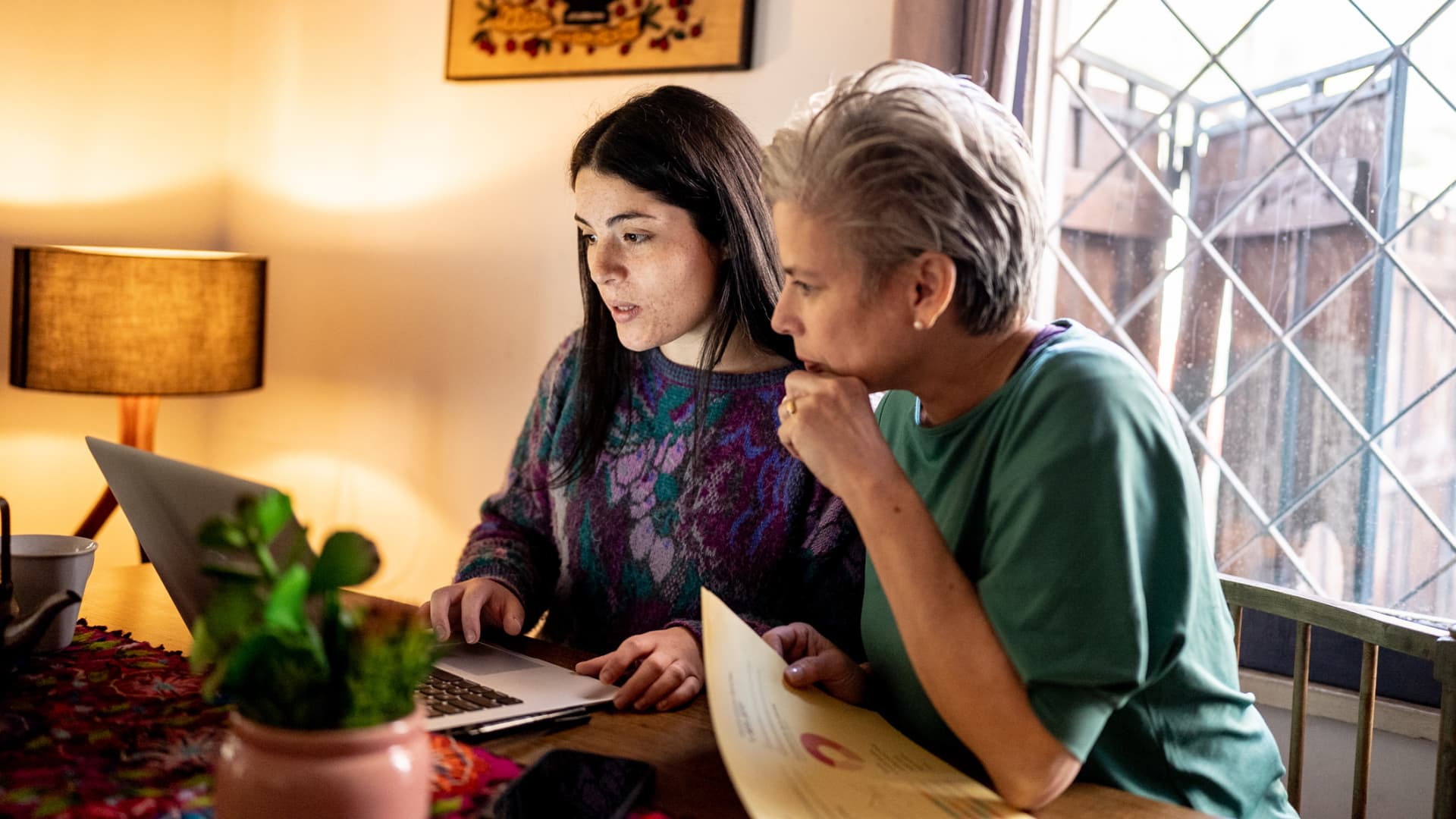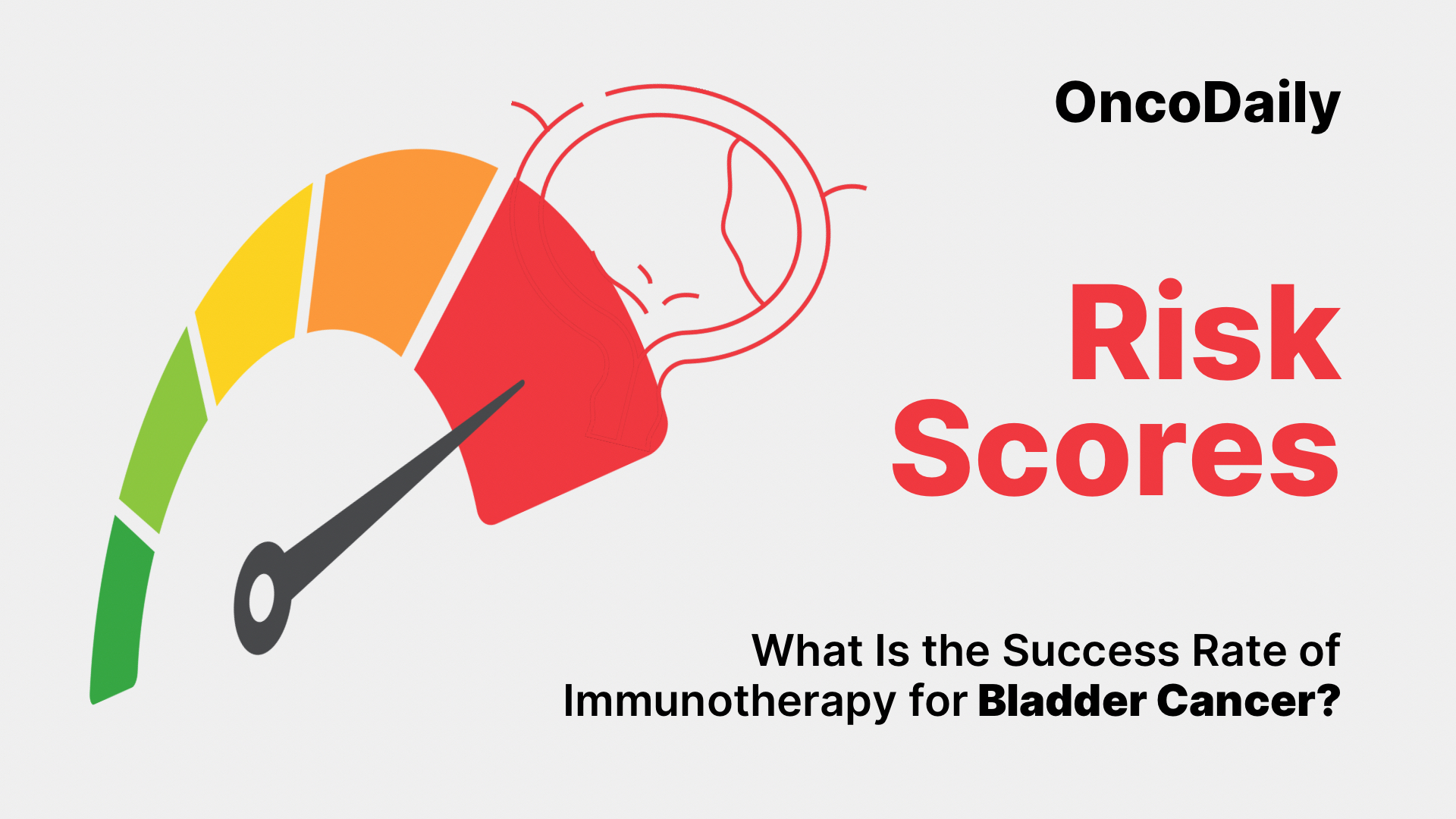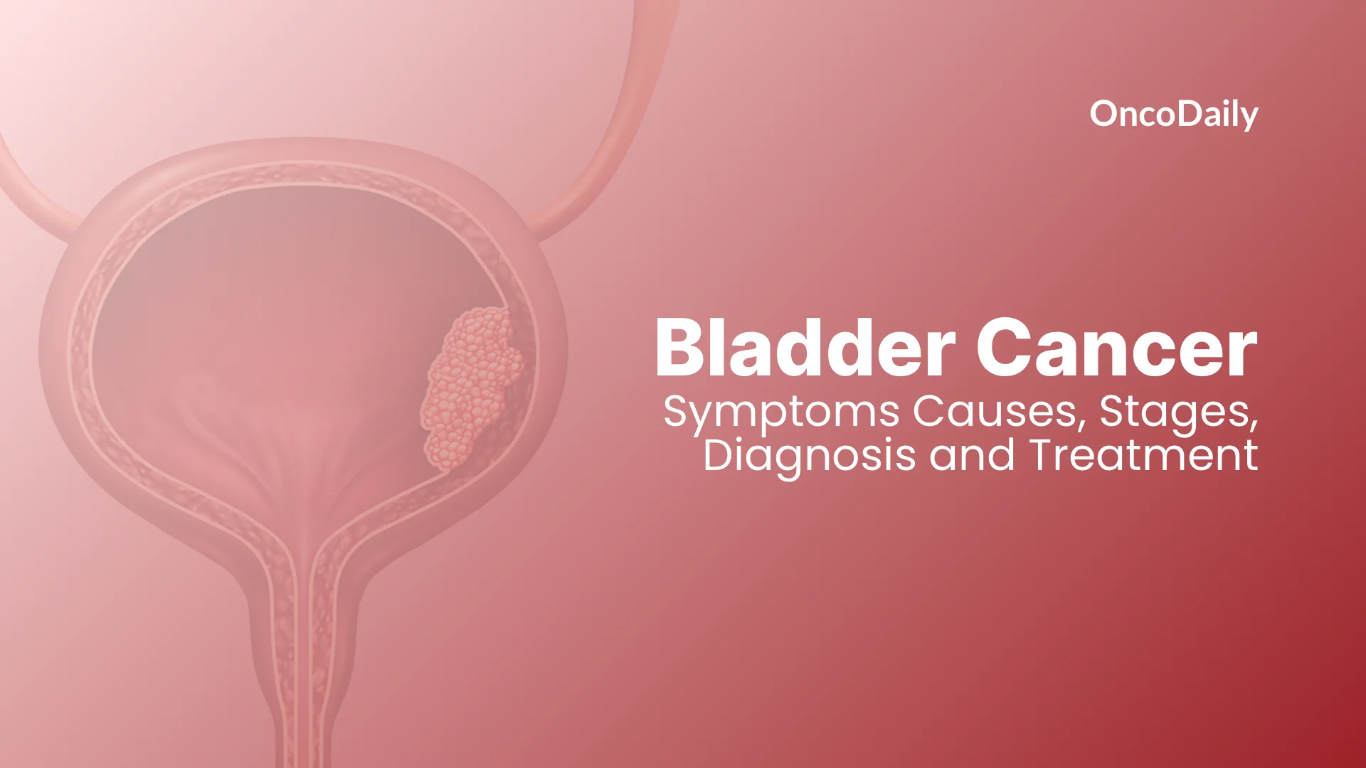Charli XCX wasn’t supposed to be Saturday Night Live‘s musical guest, but that didn’t stop her from making a surprise appearance on the late night show Saturday night.
Role Model, who served as the official musical guest of the…

Charli XCX wasn’t supposed to be Saturday Night Live‘s musical guest, but that didn’t stop her from making a surprise appearance on the late night show Saturday night.
Role Model, who served as the official musical guest of the…

Mother and daughter using the laptop at home
Fg Trade | E+ | Getty Images
Concerns of an entrepreneurial ambition deficit in the U.K. have led some venture capitalists to question the role of risk-averse parents and a costly education system in disenfranchising young British people from becoming founders.
Last month, U.K. Business Secretary Peter Kyle said university students in Britain don’t have the same ambition to start their own businesses when compared with their peers in America.
“In Britain, if you went to a group of undergraduates, how big would that group have to be before you found someone that said their choice of going to university… was because they wanted to become a founder?” Kyle said at an event hosted by AI chipmaker Nvidia in London.
“The entrepreneurialism simply isn’t there – the drive, the vigour,” Kyle added.
Harry Stebbings, the founder of 20VC, a firm managing $650 million in funds, said one of the main barriers young people in the U.K. face when trying to get into entrepreneurship is their parents.
“Parents are a massive problem. Parents f*** you up,” Stebbings told CNBC Make It in an interview. “Parents are inherently risk-off and not risk on in the U.K. So they say: ‘Hey, get this job. Hey, you’ve been to university. Hey, I paid for all of your university. Hey, I pay for this. Get that job.’”
“And actually in the U.S., it’s much more: ‘Start a business. Go try that. Go join a startup.’ Very different mindset towards risk and careers, and I think that’s a really different element to how a child starts,” he added.
Stebbings comments are part of a broader debate on whether the U.K. fosters a culture of risk-aversion. One Forbes 30 under 30 founder, Tom Wallace-Smith, who launched nuclear fusion startup Astral Systems in 2021, previously told CNBC Make It that entrepreneurship feels out of reach to most people in the U.K.
Wallace-Smith said he didn’t even know entrepreneurship was a viable career path when he was completing his PhD at the University of Bristol, and expected to end up in academics or a corporate job.
He argued that the U.K. has no shortage of successful entrepreneurs, but the government and media “could do a better job of telling founders’ stories” and increasing exposure to startup environments.
“They [young people] still want to go and work at Jane Street. They still want to go and work at Goldman. They still want to go and work at McKinsey. It is astonishing to me, we do not have anywhere near the same entrepreneurial ambitions early,” Stebbings said.
Dama Sathianathan, a senior partner at London-based venture capital firm Bethnal Green Ventures, agreed that parents are more risk-averse in the U.K., but explained it’s likely because entrepreneurship is seen as a financially unstable path.
“It’s not being really infused, embedded in the whole scholarly curriculum … people opt to to pay incredible fees to just infuse their children with better chances in school and ultimately university. That’s sort of the traditional pathway for people, which is just so expensive, if you think about it,” Sathianathan said in an interview with CNBC Make It.
Private school fees in the U.K. were up 22.6% on average in January after the government introduced a VAT, according to the Independent Schools Council (ISC). The average termly fee for a day school in January was £7,382 ($9,799), including a 20% VAT, according to the ISC, compared with £6,021 last year.
Meanwhile, university tuition fees rose for the first time in eight years in 2025, with the annual maximum fee going up by £285 to £9,535 next year, an increase of 3.1%.
Although university fees tend to be much higher in the U.S., salaries also tend to be higher, meaning successful graduates can potentially take more risks such as starting their own business, compared to their U.K. counterparts.
A survey from the Federation of Small Businesses (FSB) and Simply Business in March, found that nearly 60% of young British people are interested in starting their own businesses but they cite a number of roadblocks holding them back.
Only 16% of the 2,079 people surveyed between the ages of 18 and 34 in the U.K., had actually taken the leap into entrepreneurship, with most saying a lack of formal business education was an obstacle.
As young people and their parents absorb high educational fees, pursuing the path of entrepreneurship doesn’t seem to offer worthwhile rewards.
“The risk appetite then is really a question about: ‘Will I have the chance to be financially stable in a cost of living crisis? Will I be able to actually make this into a career move when it doesn’t work out because entrepreneurship doesn’t always pan out,” Sathianathan added.

If you’ve ever strolled into an electronics retailer…

Alex PopeNorthamptonshire
 Towcester Tove Benefice
Towcester Tove BeneficeTwo decommissioned NHS ambulances have travelled 1,350 miles (2,173km) to wartorn Ukraine packed full of donated medical and humanitarian aid….

Fenugreek seeds water, also known as methi water, has a host of health benefits. Drinking methi water every day for a month can be extremely powerful due to the rich nutrients and bioactive compounds, present in fenugreek seeds. Here are 5…

Maranello, Italy | Since its blockbuster listing in New York almost a decade ago, Ferrari has consistently delivered industry-beating profits with a market valuation of a luxury brand rather than a carmaker.
Investors are now nervous that the winning streak may not last for the Italian group as it enters a new era of electric vehicles and geopolitical uncertainty.
Loading…
Financial Times


Unlike traditional cardio machines, mountain bikes turn every trail into a dynamic workout. The varied terrain naturally creates an interval-training effect; steep climbs push your heart rate up, while descents and flat stretches provide active…

The success rate of immunotherapy for bladder cancer has become a central question for patients and oncologists alike. Bladder cancer is one of the most common malignancies of the urinary tract, accounting for over 600,000 new cases and 220,000 deaths worldwide each year (Sung et al., 2021). It has long been considered an immune-responsive tumor, making it a leading model for understanding how the immune system can control or eliminate cancer.
For decades, intravesical Bacillus Calmette–Guérin (BCG) has been the standard of care for early-stage disease, representing one of the earliest successful uses of immunotherapy in oncology. More recently, immune checkpoint inhibitors have revolutionized treatment for advanced or metastatic bladder cancer, providing durable responses and prolonged survival for a subset of patients. However, the success rate of immunotherapy for bladder cancer varies widely depending on the disease stage, molecular profile, and therapeutic strategy used.
Read About Immunotherapy for Bladder Cancer on OncoDaily
Immunotherapy works by mobilizing the patient’s immune system to identify and destroy malignant cells. In bladder cancer, the immune system’s interaction with tumor tissue is especially significant due to the tumor’s high mutational load and immune infiltration. This biological context helps explain why the success rate of immunotherapy for bladder cancer is higher than for many other solid tumors.
The two major forms of immunotherapy currently used in bladder cancer are intravesical BCG for non–muscle-invasive tumors and systemic immune checkpoint inhibitors for locally advanced or metastatic disease. Both approaches aim to enhance the immune response against cancer, but their mechanisms and success rates differ.
In non–muscle-invasive bladder cancer (NMIBC), BCG remains the cornerstone of treatment. Administered directly into the bladder, it stimulates a local immune response that targets tumor cells. Numerous studies have demonstrated that BCG therapy prevents recurrence in 60–70% of patients and delays disease progression in about 30–40% (Sylvester et al., 2002). These results underscore the high success rate of immunotherapy for bladder cancer at this early stage.
However, not all patients respond favorably. Around one-third of individuals are considered “BCG-unresponsive,” meaning the disease recurs or persists despite adequate treatment. For these patients, alternative approaches are essential. Recently, systemic immunotherapy with checkpoint inhibitors has emerged as a valuable option for BCG-unresponsive NMIBC, further extending the reach of immunotherapy beyond local treatment.
For patients whose tumors do not respond to BCG, pembrolizumab has provided new hope. The KEYNOTE-057 trial demonstrated that pembrolizumab achieved a complete response rate of 41% at three months among patients with carcinoma in situ, and nearly 20% maintained that response for at least one year (Balar et al., 2021). These results represent a meaningful advance in the success rate of immunotherapy for bladder cancer at the non-muscle-invasive stage.
While not every patient experiences durable benefit, pembrolizumab offers a bladder-sparing alternative to surgery for those who are ineligible for or decline cystectomy. The trial’s long-term follow-up continues to show that a subset of patients achieve sustained remission, highlighting the potential of systemic immunotherapy to change the natural course of early-stage bladder cancer.
In advanced or metastatic urothelial carcinoma, immune checkpoint inhibitors have redefined the treatment paradigm. The pivotal KEYNOTE-045 study compared pembrolizumab to chemotherapy in patients whose disease had progressed after platinum-based treatment. The overall response rate was 21% for pembrolizumab compared with 11% for chemotherapy, and median overall survival increased from 7.4 months to 10.3 months (Bellmunt et al., 2017). The durability of these responses significantly improved the success rate of immunotherapy for bladder cancer in this challenging setting.
Atezolizumab produced similar outcomes in the IMvigor210 study, with response rates ranging between 15% and 23%, particularly in patients whose tumors expressed high levels of PD-L1 (Rosenberg et al., 2016). Importantly, many of these responses lasted years, with some patients maintaining complete remission long after treatment discontinuation.
Perhaps the most transformative progress has come from avelumab maintenance therapy. The JAVELIN Bladder 100 trial demonstrated that patients who received avelumab maintenance after first-line chemotherapy had a median overall survival of 21.4 months, compared to 14.3 months with best supportive care (Powles et al., 2020). This established maintenance immunotherapy as a new global standard and pushed the success rate of immunotherapy for bladder cancer to unprecedented levels in metastatic disease.

Read About Bladder Cancer on OncoDaily
The variability in the success rate of immunotherapy for bladder cancer can be explained by differences in tumor biology, immune microenvironment, and patient factors. Tumors with high PD-L1 expression or elevated tumor mutational burden tend to respond better to checkpoint inhibitors. Similarly, mutations in DNA damage repair (DDR) genes are associated with increased immune sensitivity. Conversely, patients with immune-cold tumors, few infiltrating lymphocytes, or liver metastases often experience limited benefit.
Beyond biological features, clinical factors such as performance status, comorbidities, and prior therapies also affect outcomes. Researchers are working to refine predictive biomarkers to identify which patients are most likely to achieve durable responses, thereby improving the overall success rate of immunotherapy for bladder cancer through precision medicine.
To enhance efficacy, ongoing trials are combining immunotherapy with chemotherapy, targeted therapy, or antibody–drug conjugates. One of the most promising examples is the combination of pembrolizumab with enfortumab vedotin, evaluated in the EV-103/KEYNOTE-869 trial. This regimen produced an extraordinary response rate of 73% and a complete response rate of 15% in previously untreated metastatic bladder cancer (Yu et al., 2021). Such findings suggest that the future success rate of immunotherapy for bladder cancer could exceed current benchmarks as combination strategies become standard practice.
Despite these advances, several challenges remain. Not all patients benefit from immunotherapy, and resistance—either primary or acquired—remains common. Adverse events such as pneumonitis, colitis, or thyroid dysfunction can occur, sometimes necessitating treatment interruption. Access to genomic testing and immunotherapy agents may also be limited in certain regions, creating disparities in care that influence real-world outcomes.
Nevertheless, ongoing research and the development of next-generation immunotherapies promise to overcome many of these obstacles. By integrating molecular diagnostics, artificial intelligence, and adaptive trial designs, clinicians aim to further increase the success rate of immunotherapy for bladder cancer globally.
Looking ahead, immunotherapy is expected to remain at the forefront of bladder cancer treatment. The focus is shifting toward biomarker-guided therapy, novel immune targets such as TIGIT and LAG-3, and personalized combination regimens. Clinical trials are increasingly using artificial intelligence to analyze genomic and imaging data, helping to predict which patients will respond best.
As scientific understanding deepens, it is anticipated that the success rate of immunotherapy for bladder cancer will continue to climb, potentially transforming the disease from a terminal condition into a chronic, manageable one for many patients.
The success rate of immunotherapy for bladder cancer depends on disease stage, treatment type, and tumor biology. For non–muscle-invasive disease treated with BCG, recurrence prevention rates reach up to 70%. For BCG-unresponsive disease treated with pembrolizumab, complete responses occur in about 40% of patients, with some maintaining remission beyond one year. In advanced or metastatic bladder cancer, checkpoint inhibitors achieve response rates of approximately 20–25%, while maintenance avelumab extends median survival beyond 21 months. Combination therapies such as pembrolizumab with enfortumab vedotin are now pushing response rates past 70%, marking a new era in bladder cancer care.
While immunotherapy is not universally effective, its ability to deliver durable, long-term control represents one of the greatest achievements in modern oncology. Continued innovation, precision biomarker use, and global accessibility will further improve the success rate of immunotherapy for bladder cancer, bringing hope to thousands of patients each year.
You Can Watch More on OncoDaily Youtube TV
Written by Armen Gevorgyan, MD